The Infectious Disease Ecology and Modelling (IDEM) team focuses on the use of mathematical and statistical modelling together with incorporating ecology and public health knowledge to understand infectious disease transmission.
Of note, the team has worked on many major urgent infectious disease outbreaks including Covid-19, Buruli Ulcer and Japanese Encephalitis Virus. The IDEM team’s interest in vector-borne infectious diseases i.e. malaria, Japanese Encephalitis Virus, Buruli Ulcer and infectious disease transmission have placed them as national leaders in policy-linked modelling and mapping of vector-borne diseases.
Throughout the Covid-19 pandemic, Professor Golding’s team provided weekly situational assessment reports to the Commonwealth government and relevant policy makers which was crucial to shaping the country’s response. Alongside this, the team also provided modelling advice for NSW and WA, commissioned by the State Governments. Within Western Australia, Professor Golding was the Chief Investigator for the Perth Covid-19 Infection Study and Perth Covid-19 Outbreak Preparedness Study, which aimed to reveal the amount of undetected Covid-19 in the community and determine the rate of Covid-19 transmission within Perth respectively. The IDEM team are now aiming to refocus their research on modelling for epidemic preparedness, which will involve the development of models that are well suited to paid development of robust analyses to advise public health policymakers.
The IDEM team are continuing their modelling within an ecology context, with the Vector Atlas project, a Bill and Melinda Gates funded project that creates and disseminates maps of the distributions and abundance of malaria vector mosquitoes to researchers and vector control coordinators in Africa. Collaborating with researchers in Nairobi, Kenya and Oxford, UK, the Vector Atlas will update and contribute to highly impactful global predictive vector maps and strengthen capacity among the Nairobi-based team.
Another major output of the IDEM team is individualised research software that allow researchers without a mathematical background to apply transmission models and methods specific to that particular infectious disease. The team aims to upskill and train domain-specific researchers to become competent modellers in this aspect.
A large number of Nick’s team are based at the University of Melbourne with the School of Population and Global Health.
Team leader
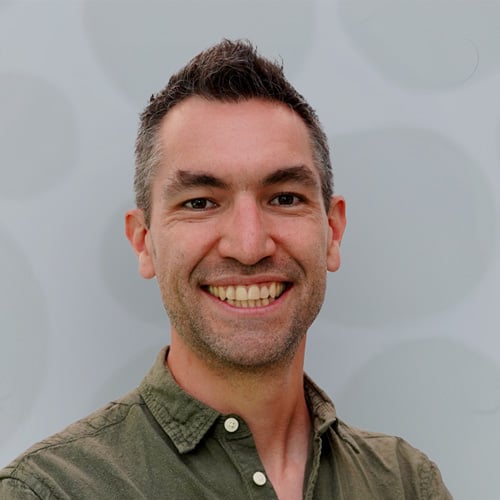
BSc DPhil
Honorary Research Fellow
Team members (8)
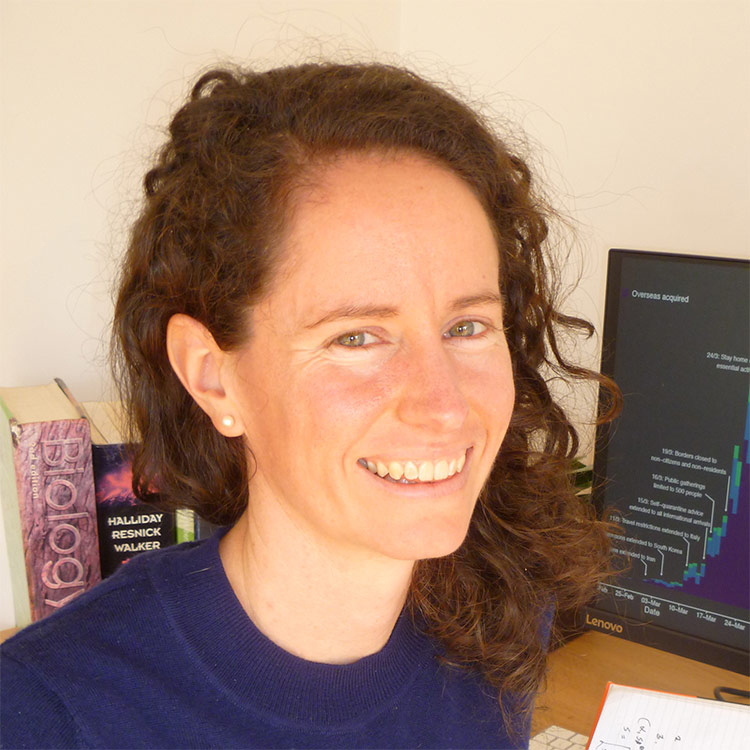
BSc DPhil
Honorary Research Associate
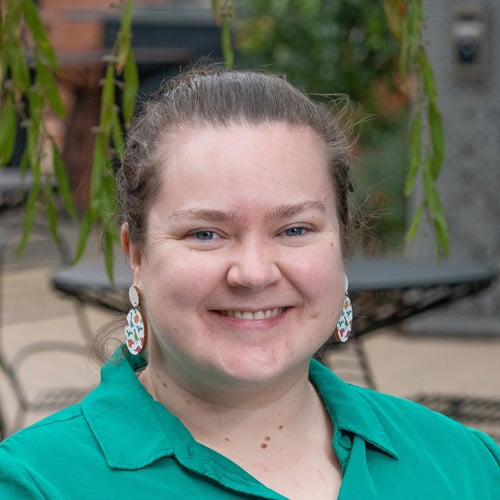
BEnvSc (Hons), PhD
Post-doctoral Researcher
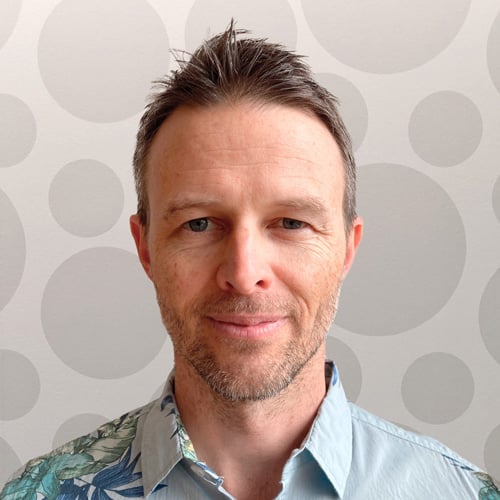
BSc PhD
Senior Infectious Disease Modeller

B-ENVS MSc PhD
Senior Research Officer

BES, PhD
Research Fellow

BSc (Hons) MEnv PhD
Senior Research Officer
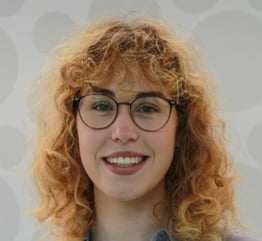
BSc

BCom
Research Support Officer
Infectious Disease Ecology and Modelling projects
Featured projects
Modelling to support Australia's COVID-19 response

